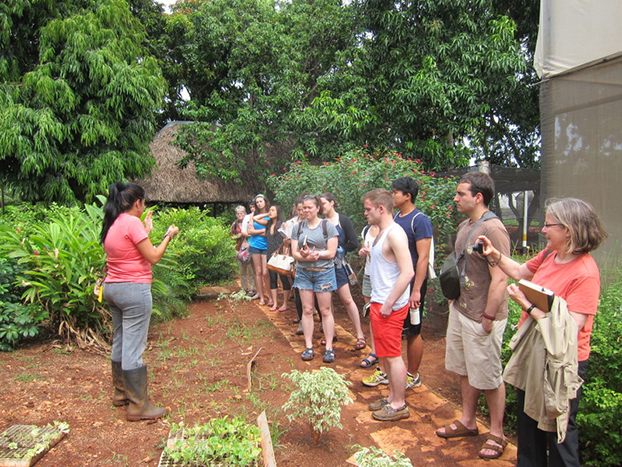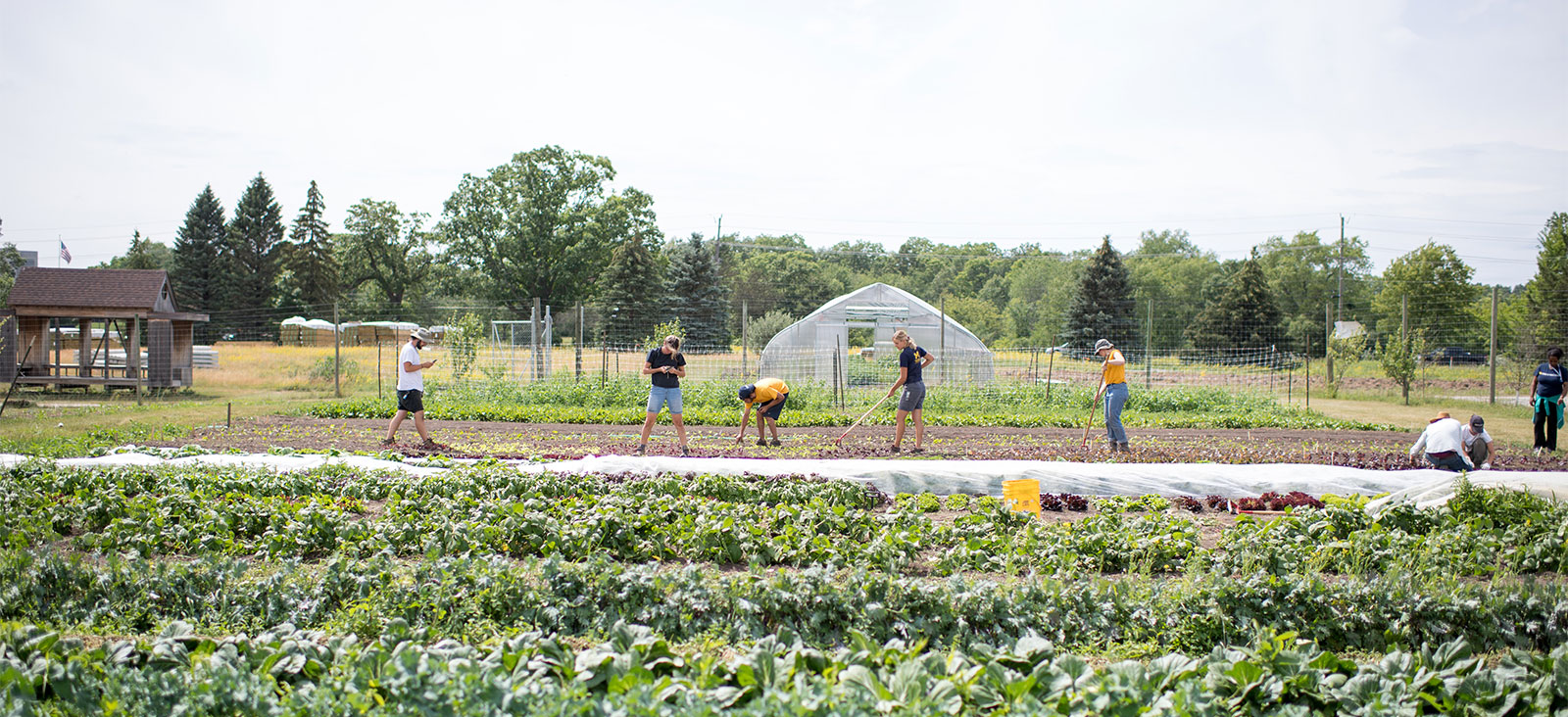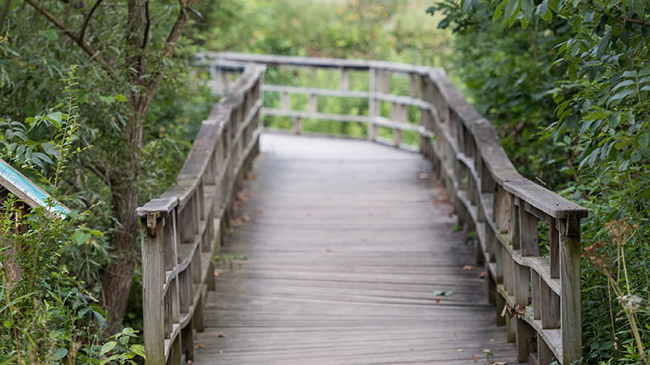The University of Michigan is the nation’s largest public research university, with $1.62 billion in annual research expenditures. With three campuses, a health system and more than 200 centers and institutes, U-M researchers are working with partners on campus and beyond to address emerging problems, spur new technologies and drive the economy.

U-M researchers collaborate across a wide variety of disciplines in order to advance knowledge and solve challenging problems. The interdisciplinary environment at U-M has sparked a broad spectrum of cross-cutting projects and initiatives that address sustainability challenges related to population growth, climate change, land and water use, energy choices and poverty. Find U-M experts in sustainability and environmental science, across fields and academic units.
Interdisciplinary Cooperation
U-M researchers collaborate across a wide variety of disciplines in order to advance knowledge and solve challenging problems. The interdisciplinary environment at U-M has sparked a broad spectrum of cross-cutting projects and initiatives that address sustainability challenges related to population growth, climate change, land and water use, energy choices and poverty. Find U-M experts in sustainability and environmental science, across fields and academic units.
Putting Research to Practice
U-M has research strengths that build on advances in the basic sciences and engineering to pave the way for practical application. Translational sustainability research led by U-M spans from public health to business, policy, law and urban planning.
Students
U-M students play a critical role in sustainability efforts at U-M, collaborating with faculty experts as part of their degree requirements. Through these undergraduate research experiences, students at all levels are advancing knowledge and developing the skills and passion to become future sustainability leaders.
Partnerships and Initiatives
U-M engages in a broad spectrum of research partnerships with communities and government agencies to spur progress on critical issues in sustainability and environmental science around the world. Some of our key initiatives relating to food systems include:
The U-M Sustainable Food Systems (SFSI) Initiative engages an interdisciplinary mix of students, faculty, and communities at local and global levels to learn from and build food systems that are health-promoting, economically viable, equitable, and ecologically sound. SFSI, which boasts more than 70 faculty affiliates from across the university, offers a vision of a foundation regarding the development of sustainable and equitable ways to produce and deliver nutritious food so as to improve people’s health and livelihoods, with minimal environmental damage and lasting economic security. The initiative hosts a community-academic partnership course, “Food Literacy for All,” which features different guest speakers each week to address diverse challenges and opportunities of both domestic and global food systems.
The U-M Campus Farm at Matthaei Botanical Gardens is a living, learning laboratory for students and interns, providing educational, research, and employment opportunities in the Nature Academy intern program related to the production of sustainable food and the study of food systems. Along with its collaborative partners the University of Michigan Sustainable Food Program (UMSFP) and the Sustainable Food Systems Initiative, the farm is transforming U-M into a world-class place for twenty-first century scholarly research, teaching, and engagement in sustainable food systems.
Michigan Dining comprises twelve on-campus cafés and seven markets, seven residential dining halls, a line of Blue to Go foods and the Michigan Catering unit. It emphasizes creative, healthy and nutritious foods, international cuisines and sustainability throughout all dining operations.
The University of Michigan Matthaei Botanical Gardens and Nichols Arboretum manages over 700 acres of gardens, research areas, and natural preserves around the Ann Arbor area with a complex of conservatory, greenhouses, laboratory, teaching and meeting spaces.
CSS develops and applies life cycle and systems analysis methods, models, and metrics for advancing sustainability and transforming systems to better meet human needs. It has pioneered new methods in life cycle analysis, design and optimization and has led over 200 research projects focused on a wide range of topics including alternative vehicle technology, renewable energy systems, buildings and infrastructure, appliances, information technology, food and agricultural systems, and packaging alternatives.
The U-M Sustainable Food Program (UMSFP) connects food, environmental, and social justice-oriented student organizations on campus to create a network of students working to better our food system both on campus and in the surrounding community.







